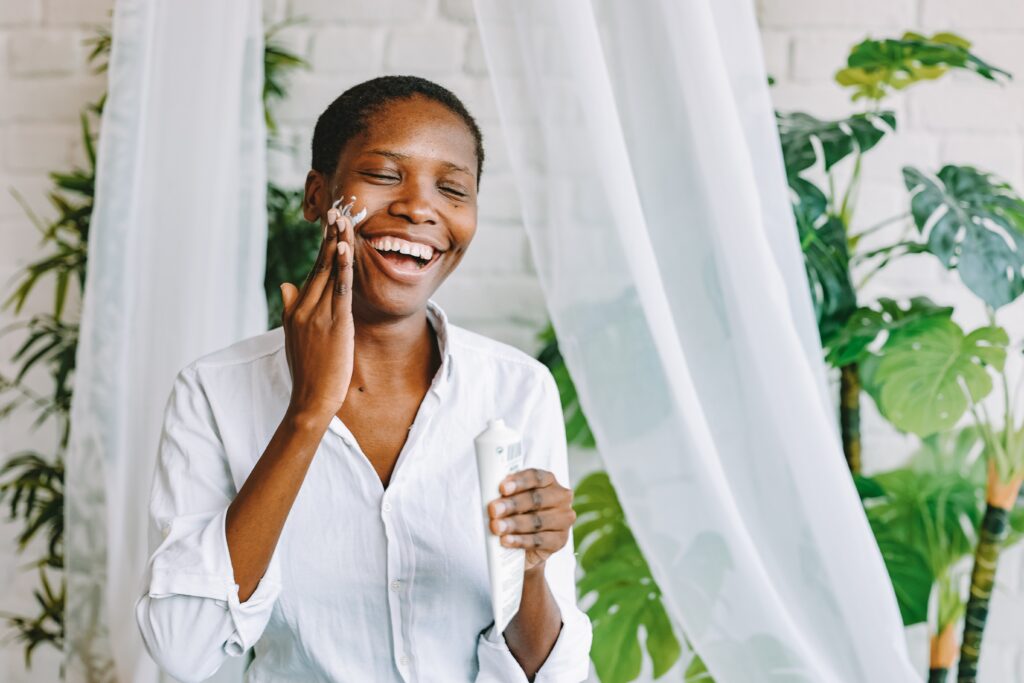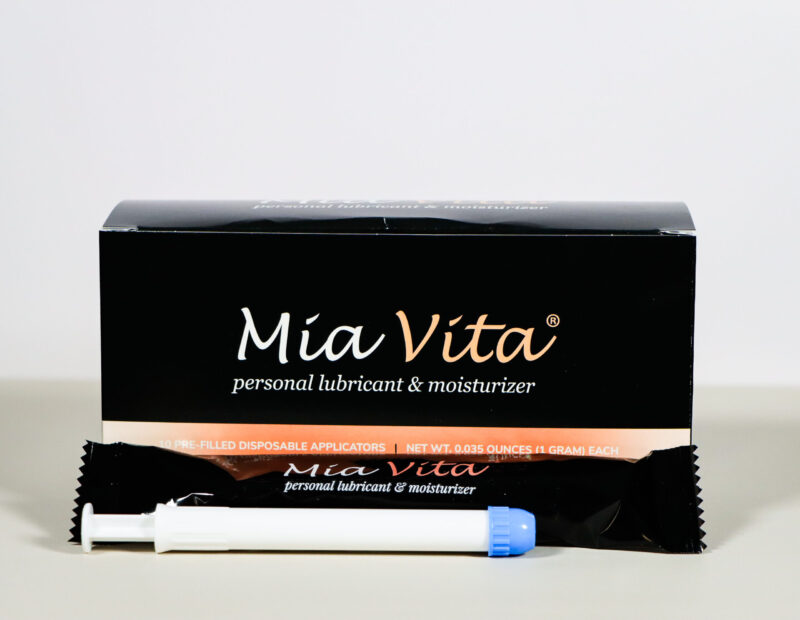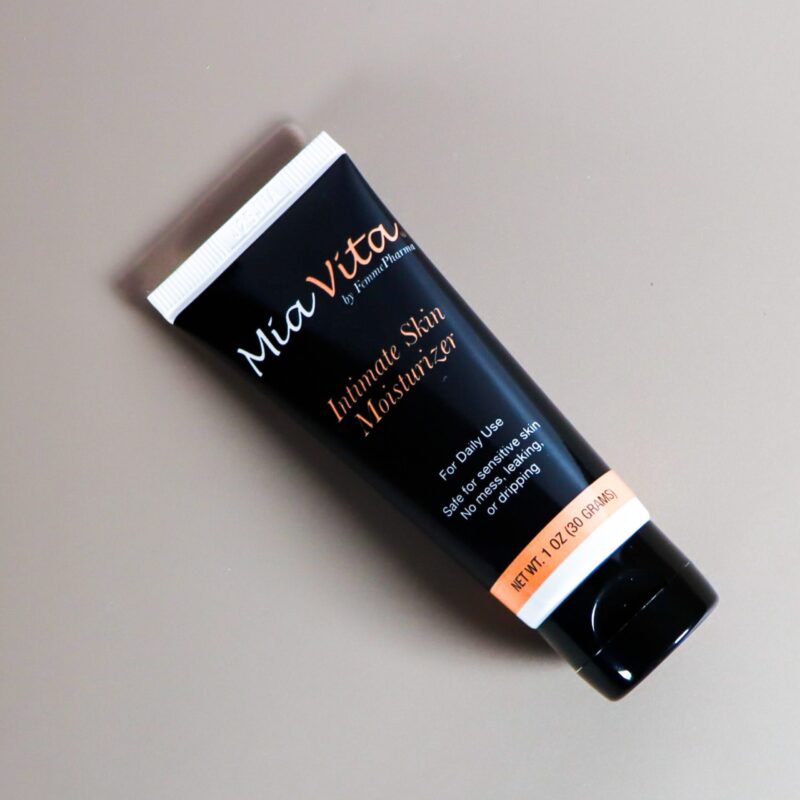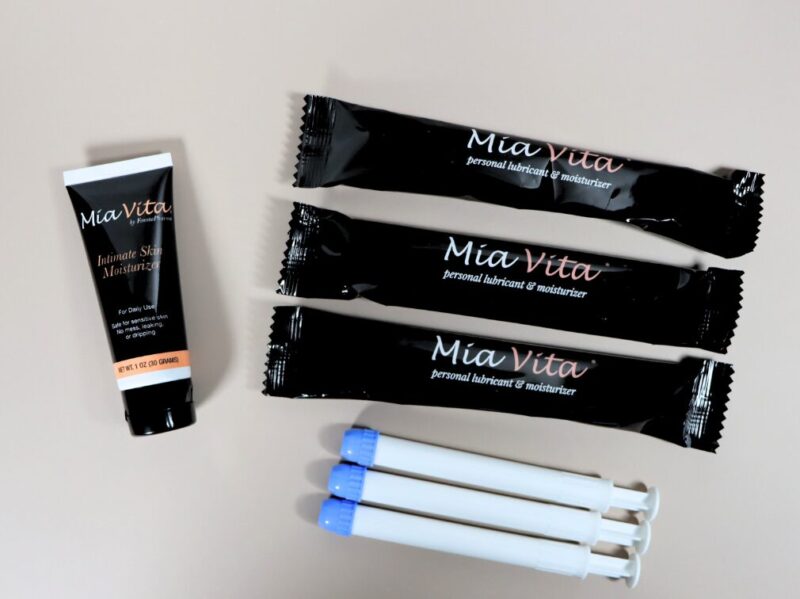Skin is the largest organ of the human body and that’s why a skincare routine is so important.
Remember being able to sleep in makeup and not suffer a breakout? Now, all we must do is stare at our skin a little too long and we get a blemish. As we age, our skin requires different needs and that’s why we put together the ultimate skincare guide for women over 40.
A skincare routine should start with sunscreen
When we think of sunscreen, we think of summertime at the beach, however, we should be using sunscreen all year round, even on cloudy days, and even if we are just having lunch outside. Ultraviolet radiation causes DNA changes in the skin that can accelerate the appearance of fine lines and wrinkles, dark spots, and can lead to skin cancer. This is why protecting against UV light with sunscreen is vital to maintain healthy skin.
When choosing a sunscreen, there are two types to look for: chemical sunscreen and mineral or physical sunscreen.
Chemical sunscreen is absorbed into the skin and reacts to UV light by changing its chemical structure to reduce sun damage after the UV light penetrates the skin. If you choose to use a chemical sunscreen, apply it before your moisturizer to allow the chemical sunscreen to penetrate your skin.
Mineral sunscreen or physical sunscreen sits on top of the skin and creates a barrier on the skin to reflect UV light. Mineral sunscreen should be applied after your moisturizer because of its thick consistency.
If you are concerned that sunscreen will affect your makeup, choose a makeup primer with SPF as well as use a foundation with SPF. You can even find moisturizers that include sunscreen.
No matter the type of sunscreen you use, make sure it is at least SPF 30.
Moisturize, moisturize, and moisturize some more
All skin types will benefit from moisturizing. If you experience dry skin, moisturizing daily will help to hydrate and protect the skin, and if you are someone who experiences oily skin, moisturizing daily will help to reduce excessive oiliness.
The best moisturizers for oily skin
When choosing a moisturizer for oily skin, avoid any heavy night creams and moisturizers that will feel greasy on the skin, further clog your pores, and may even irritate the skin. Instead, look for oil-free moisturizers and water-based moisturizers. These types of moisturizers feel lighter on the skin and will not give you that greasy feeling.
The best moisturizers for dry skin
Unlike oily skin, if you experience dry skin, look for thicker moisturizers that contain hyaluronic acid to help lock in moisture in the skin. Thicker moisturizers take longer to be absorbed into the skin, helping to minimize flakiness, and allowing your skin to feel hydrated for longer.
The best moisturizers for a combination of dry and oily skin
A combination of dry and oily skin means you experience some dryness in certain areas of the face and oily skin in other areas. Most people with a combination skin type experience oiliness within their T-zone – their forehead, down the nose, and on their chin. For a combination skin type, it’s best to apply a lighter moisturizer and target your dryer areas with serums to help ease the dry skin.
The best moisturizers for sensitive skin
If you have sensitive skin, the best moisturizers to use are ones with limited ingredients. Sensitive skin is prone to react to products and even hormones causing blemish flare-ups, dry skin, or irritation.
Retinoids for fine lines and wrinkles
We will never be able to completely erase every fine line and wrinkle. Remember, every wrinkle holds a story, and every smile line is a reminder of a happy memory.
That being said, there are products you can use to help smooth their appearance. Retinoids are a form of vitamin A and are among the most popular. Retinoids have been widely studied and shown to help reduce fine lines and wrinkles by increasing the production of collagen. Starting in our mid-20s, we slowly begin to lose collagen. Collagen is what helps our skin appear more youthful and plumper.
Vitamin C serums should be a part of your skincare routine
Vitamin C is an important antioxidant needed for the growth and repair of tissues in the body. In skin care, its claim to fame is its ability to promote collagen production and aid in reducing hyperpigmentation. Vitamin C should be applied morning and night before your moisturizer.
When shopping for a vitamin C serum, remember not all vitamin C is created equal. The type and concentration of vitamin C, and the ingredient list all play a role in its effectiveness.
What to look for in a vitamin C serum:
- L-ascorbic acid – L-ascorbic acid is a form of vitamin C.
- Concentration – 10–20 percent will ensure maximum effectiveness. Going above 20% may lead to irritation.
- Packaging – Light, air, and heat can degrade a serum so make sure it’s packaged in a dark, airtight bottle with a medicine dropper delivery, instead of an air pump.
Remember, factors like concentration and formulation determine a vitamin C serum’s quality, not the price tag.
Vitamin E
Vitamin E can be found in your moisturizers and eye creams as well as the food you eat. Vitamin E is a fat-soluble vitamin that acts as an antioxidant, helping protect cells from damage as well as acting as a moisture barrier. Vitamin E is also known as an anti-inflammatory agent in the skin. People who experience dry skin can benefit most from using vitamin E oil by applying it directly on the affected areas.
Hyaluronic acid for your skin
Hyaluronic acid can hold almost 1000 times its weight in water, allowing it to moisturize the skin and lock in moisture. Hyaluronic acid can help give your skin that fresh and dewy look. When using topical HA, it must have a lower molecular weight to effectively penetrate the skin.
When applying HA to your skin, make sure your skin is slightly damp to give the HA molecules something to hold onto. If you apply HA directly on dry skin, it will have an adverse effect – it will pull what moisture you have in your skin causing it to feel dryer.
AHAs and BHAs
Alpha hydroxy acid (AHA) and beta hydroxy acid (BHA) are the two main classes of hydroxy acids. AHA is used to treat acne, scars, pigmentation, skin dryness, and wrinkles. BHA is primarily used to treat acne. The biggest difference is beta hydroxy acids are oil-soluble acids and alpha hydroxy acids are water-soluble.
Alpha-hydroxy acids are a group of acid compounds, typically derived from plant-based sources, and work by exfoliating the top layer of your skin to diminish dull and rough skin and promote skin cell renewal.
The most common form of BHA is salicylic acid, derived from willow bark. Salicylic acid is used in skincare to fight acne.
When using alpha hydroxy acid (AHA) and beta hydroxy acid (BHA), be careful you do not overuse them. They are acids after all, and they can cause irritation and dry skin.
Drink more water
Healthy skin needs hydration from within. While we may consume a variety of liquids throughout the day, drinking an adequate amount of water is key to healthier skin. Try consuming at least eight glasses (64 ounces) of water daily. Coffee and alcoholic beverages are dehydrating so be sure to balance your intake with water. To keep it interesting add cucumber, lemon, or lime juice.
A good skincare routine includes our intimate skin
When we think of skincare it starts and stops at our face. However, as we age, every part of our body can become dry. Our neck, décolletage arms, legs, and even our intimate area.
As we age, we may begin to experience vaginal dryness because of declining estrogen levels. A good skincare routine does not stop at the face. Moisturizers for the vagina help to hydrate the vaginal skin to keep it healthy, just like moisturizers hydrate the face.
Include a vulvar moisturizer and a personal lubricant and a vaginal moisturizer that is water-based and made with hyaluronic acid and vitamin E. With regular use, Mia Vita® Gel Intimate Skin Moisturizer and Mia Vita® Personal Lubricant & Moisturizer will hydrate your intimate skin, improving the vaginal tissue, and relieving dryness and discomfort.
FemmePharma has been helping women navigate menopause for over two decades. No matter where you are in your journey, you deserve to have knowledgeable, intimate healthcare partners to help you feel your best. Explore our other articles, podcast episodes with women’s health experts, and products to ease your transition into menopause.



